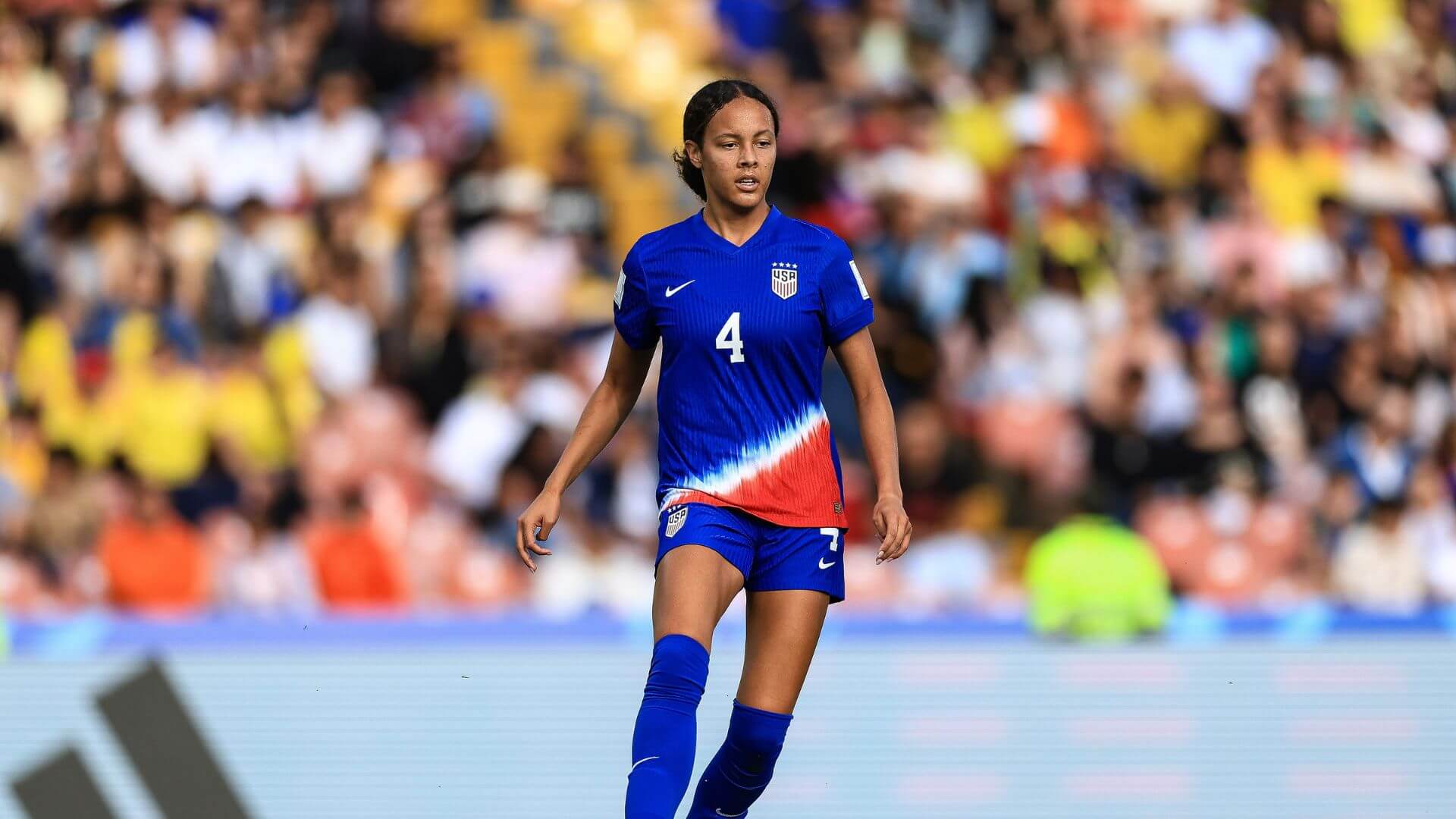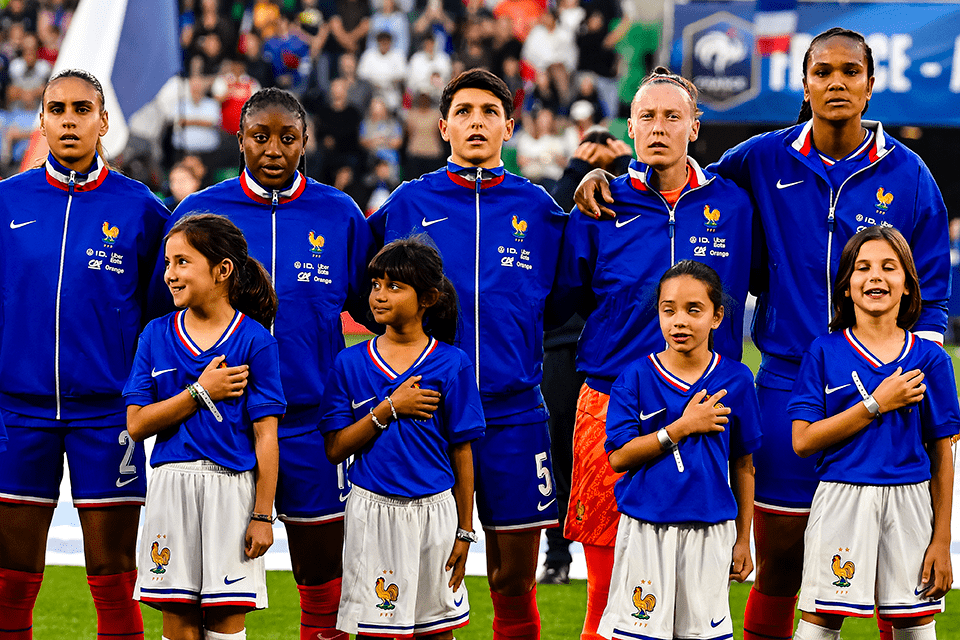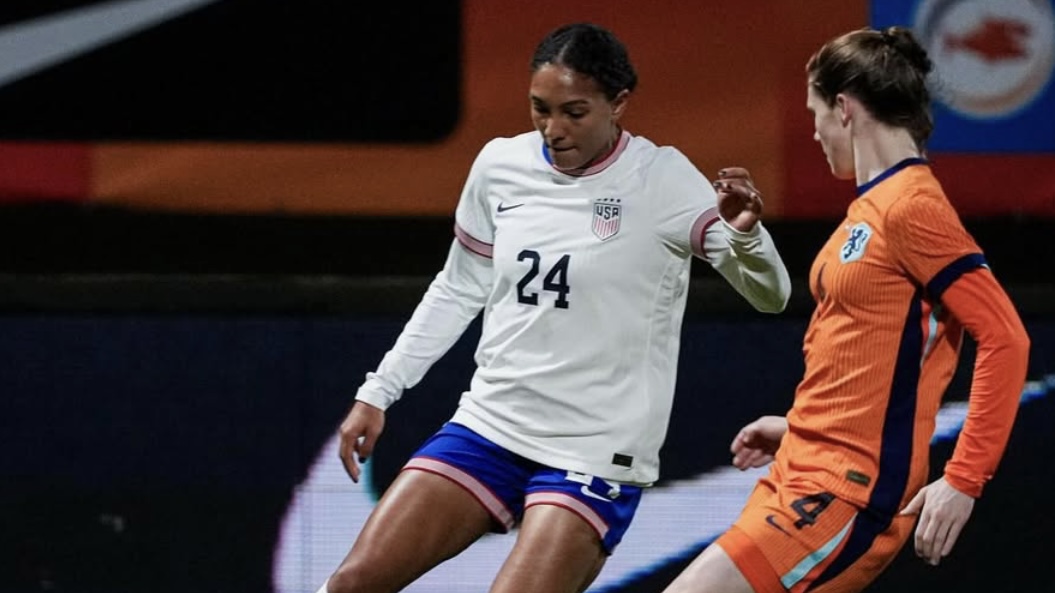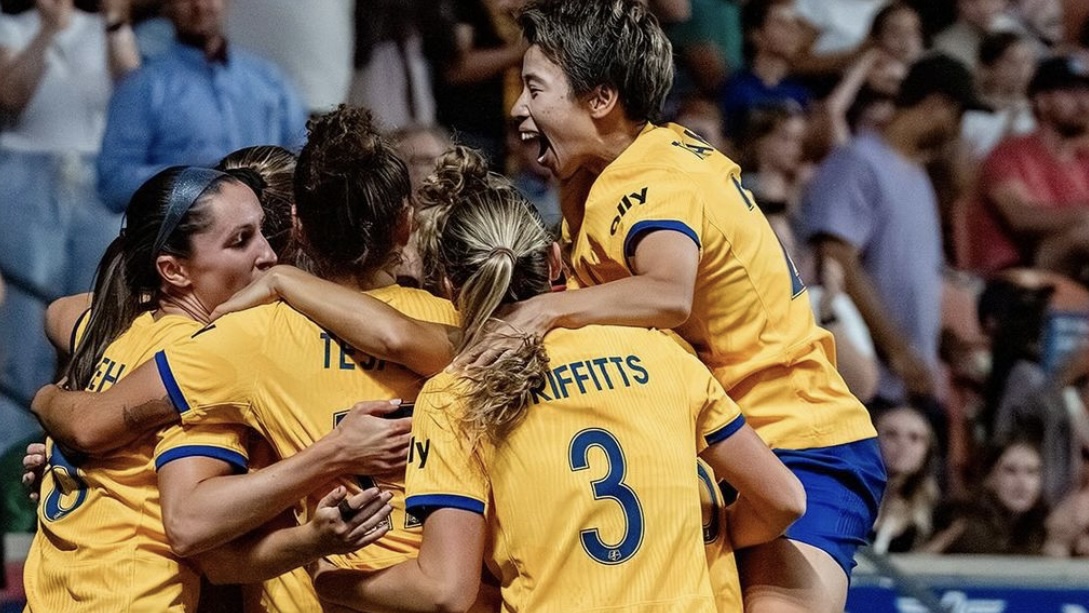Canadian and French Women’s Soccer Players Battling Federation Injustice, Here’s Why
All eyes are on the upcoming Women’s World Cup, but not for the right reasons. Instead of focusing on predicting the possible winner of the cup, we are wondering which teams will actually play. With teams striking and players stepping away from their national teams, we must ask an important question. When will women’s soccer players be treated well? Here’s a look into the Canadian and French women’s soccer players’ fight against their federations.
Canada’s Players Demand Equal Pay
The Canadian players started a boycott after realizing the financial inequality they were facing. The protests are not just about pay inequality, but they also address the recent funding cuts.
One might have hoped for a positive response from the national federation, but that wasn’t the case. As the Canadian Squad planned to protest in the latest SheBelieves Cup tournament, they found themselves playing “under protest.” The Canada Soccer Association threatened the team with legal action if they didn’t play in the cup.
So yes, the team’s involvement in the tournament was a forced one. This behavior has only added fuel to the fire, with many saying that what the federation did was shameful. Canada players wore purple shirts reading “enough is enough” during their pre-match warm-ups.
However, there is a positive side we can look at, which is the fact that soccer players will always stand with each other! The Matildas showed their support for Canada by wearing purple tape on their wrists at their last game against Jamaica. The support for Canada doesn’t stop here, as England and Japan national teams also wore purple wristbands.
As the Canadian team still calls for a change, one might happen soon. On February 26, Canada Soccer president Nick Bontis resigned from his position. “I acknowledge that this moment requires change,” read Bontis’ statement.
But is his resignation enough for a change to happen? We must remember that the entire federation is involved, and Bontis’ exit is the start of a new system, but it was definitely not the only step needed.
On the morning of March 9, Canada Soccer provided the proposed new collective bargaining agreement that would implement equal pay to the women’s and men’s national teams. Although it hasn’t been signed quite yet, the General Secretary of Canada Soccer, Earl Cochrane, said in a statement that negotiation is in progress and the women’s team deserves financial equality before the World Cup.
France’s Team Needs A New System
Unfortunately, the Canadian team isn’t the only one fighting its federation. We also have the French team going against the French federation in a conflict that is still ongoing.
The tension between the French team and their federation began with France’s captain Wendie Renard announcing that she was stepping away from the national team. Even though Renard announced her decision on Friday, February 24, people are still talking about it.
This interest comes as no surprise since Renard is one of the best defenders to ever come in women’s football. So it’s safe to say that if the French Federation didn’t make the changes required, then France would lose an amazing player and a great captain.
In her statement, Renard shared her feelings toward France and that she must preserve her mental health.
“I defended the blue, white and red jersey 142 times with passion, respect, commitment and professionalism. I love France more than anything, I’m not perfect, far from it, but I can no longer endorse the current system, far from the requirements required by the highest level. It is a sad but necessary day to preserve my sanity.”
“It is with a heavy heart that I come by this message to inform you of my decision to take a step back with the French team. Unfortunately, I will not play at this World Cup in such conditions. My face can hide the pain, but my heart hurts. . . and I don’t want to hurt anymore.” With these words, Renard ended her statement, but this wasn’t the last goodbye announcement for the French team.
Following Renard’s decision, Paris Saint-Germain midfielder Kadidiatou Diani and striker Marie Antoinette Katoto announced that they are also stepping away from the national team. This shows that what Renard went through and led to her decision is also felt by her teammates.
It became clear that the players aren’t willing to play again as long as Corinne Diacre, the France coach, is still in charge.
It seems that the fight between the French women’s soccer players and the “current system” they are against won’t end soon. Even though the president of the French Football Federation (FFF), Noël Le Graët, resigned from his role, the turmoil inside the federation didn’t stop.
We can guess that things will get heated in the upcoming days and weeks. Especially because Le Graët, who is facing allegations of sexual and moral harassment, supported Diacre.
On the other hand, Diacre’s response to the players’ decision wasn’t a kind one. “I have been the subject of a smear campaign that is astonishing in its violence and dishonesty,” Diacre said and described what is happening to be “a personal settling of scores.”
On March 9, the FFF discussed Diacre’s role with the team, and they fired her. The Federation is currently searching for a replacement coach just less than five months from the World Cup.
It is disappointing that women’s soccer is still suffering from such issues. Between calls for equal pay and fair treatment, we wish for a day to come when players shouldn’t have to ask for their fundamental rights.
Featured image via Getty Images
_
GIRLS SOCCER NETWORK: YOUR SOURCE FOR GIRLS SOCCER NEWS













